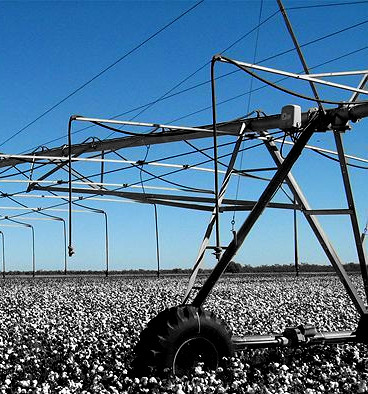Coastal rights reduced
 NSW coastal harvestable water rights have been reduced amid recent controversy.
NSW coastal harvestable water rights have been reduced amid recent controversy.
In a significant policy reversal, the New South Wales Government has scaled back coastal harvestable water rights from 30 per cent to 10 per cent in coastal-draining catchments.
The decision has sparked outrage among farmers and irrigators, coming amid concerns that the previous increase in rights lacked scientific basis and ecological soundness.
Coastal harvestable rights, which allow landholders to collect and store rainfall runoff, will now be subject to rigorous assessments by the Department of Planning and Environment (DPE) to determine sustainable levels for coastal communities spanning from Tweed Heads to Eden.
NSW Water Minister Rose Jackson has defended the move, emphasising the need for science-based decision-making to protect water sources and communities during impending dry conditions.
She says that while increasing on-farm storage might benefit some landholders, a uniform increase across all catchments would not be sustainable for everyone.
The decision affects a number of farmers who had plans to build additional dams, with 11 notifying the government but only a few starting the work. Jackson assured these landholders of support to ensure they are not financially burdened.
Coastal area farmers had long advocated for an increase in the 10 per cent limit set in 1999, citing higher coastal rainfall compared to inland areas. They argued that a larger allowance would better prepare them for drought.
However, the policy shift has left many farmers feeling betrayed, describing it as damaging to rural communities and food security.
NSW Irrigators Council CEO Claire Miller has criticised the decision, claiming that irrigators were blindsided by the lack of consultation and the absence of catchment-specific modelling. Meanwhile, the Nature Conservation Council of NSW welcomes the decision, stating that coastal wetlands are crucial for wildlife and biodiversity. The group noted that the previous policy had favoured larger businesses like blueberry growers while harming smaller enterprises like oyster growers and fishers.
The controversy surrounding the water rights change has also involved accusations of misinformation.
Minister Jackson has faced accusations of lying about consultations with stakeholders, which she vehemently denied, asserting that she made decisions in the best interests of the state.
The decision to revert to the 10 per cent limit was influenced by concerns from environmental groups, and it aligns with the government's stated desire to protect water resources and prepare for impending drought conditions.
Despite the backlash, the government says it intends to collaborate with farmers as they face the challenges of a potentially harsh dry season.








 Print
Print